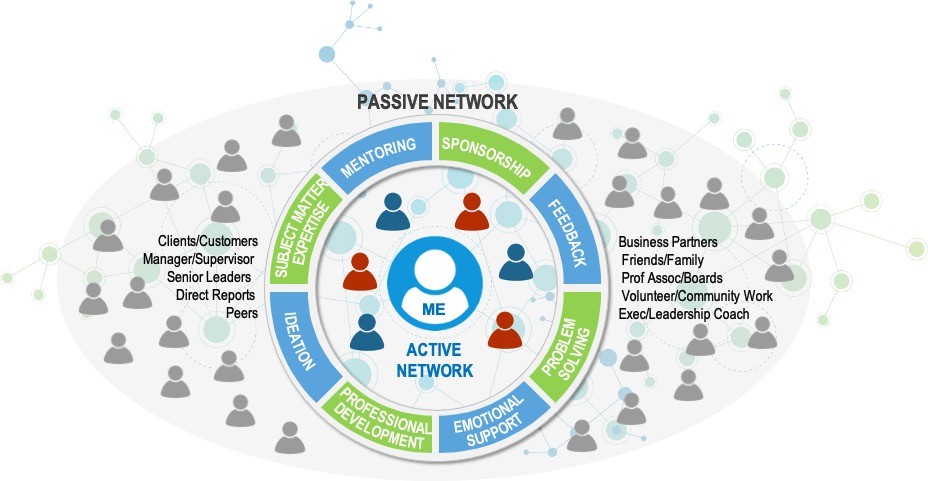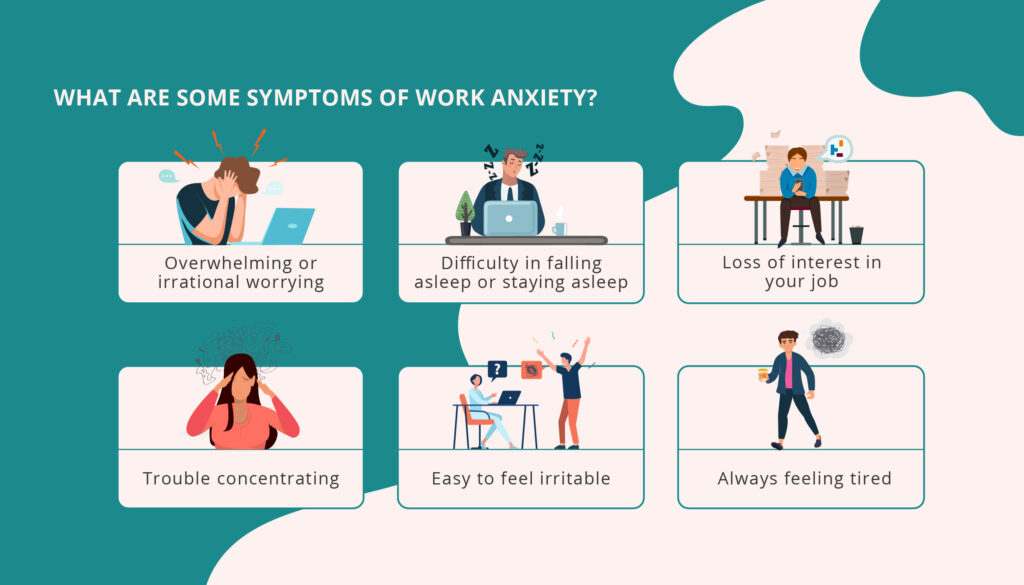Job hopping is defined as an act of changing jobs repetitively in a short period of time. Although job hopping used to be seen as a red flag for hiring managers, it has now become very common to job hop, especially when there are better salaries, benefits, or career growth to have. Remote work options, along with the shifting job market, have also contributed to more ease in making job transitions.
For some, job hopping has proven to be helpful for rapid career growth, developing a broad set of skills, and creating networking opportunities. On the flip side, there are certainly times when job hopping leads to instability and loss of employee benefits.
It is important to understand the pros and cons of job hopping so that you can make informed decisions for your career. If you are thinking about whether or not to choose your next post, it is important to know when job hopping works in your favor versus when it could hold you back.
Table of Contents
Pros & Cons of Job Hopping
Job hopping comes with both benefits to reap and losses to mourn. Let’s take a closer look at both:
Pros
High Salary
One of the most compelling reasons to job hop is the opportunity to earn a higher salary. Staying with the same employer increases your income only incrementally and may take years of performance to earn what you believe is your true market value.
When you make the move to a different job, you are starting negotiations from your current experience and each industry’s applicable wage rate for your skillset.
Companies often offer attractive compensation packages to bring in fresh talent, making job transitions a strategic way to secure financial growth. Employers value external experience and may be willing to pay more for someone who brings in diverse perspectives and new skills. If your current company isn’t compensating you fairly, why not take your expertise elsewhere and get paid what you’re worth?
Career Growth
Job hopping can also be a great way to help you progress in your career. Staying with one company long-term can sometimes mean a metered promotion path and minimized prospects. If you job hop and do it strategically, you can apply for positions that are now at a level commensurate with your current experience.
Rather than waiting multiple years for a promotion, you can drive your career by pursuing jobs that can offer upward mobility in terms of an increase in responsibility, leadership, and overall growth.
More opportunities come with more jobs. Not only does each job allow you to sharpen your existing skills and learn, but it also exposes you to a different component of your industry.
Networking Opportunities
Every new job brings with it a new set of professional contacts that may be useful to you at some point along your career path. Co-workers, managers, and industry contacts are a pooling of resources for advice, mentoring, and even job offers.
Your network will unlock opportunities that you may have never considered. Former co-workers may suggest you for a fantastic new job, or a former manager may suggest you for a high-profile project.

Each time you meet people, you gain more exposure in your industry. Networking in more than one organization allows you to more easily tune into industry trends, job openings, and best practices. You learn from the experience of others, and you develop a group of colleagues that support you in your career and professional decisions.
Encourages Adaptability
Changing jobs frequently, you’ve probably been “the new person” more times than you can remember. While that can be a bit intimidating to begin with, it actually fosters an important skill: adaptability. Job hoppers learn quickly how to adapt to new environments, teams, and expectations. They become adept at using new systems, assessing different workplace cultures, and adapting to changes with ease.
In today’s rapidly evolving labor market, adaptability is an important skill! Organizations are rapidly changing, adopting new technologies, and restructuring teams. Employers are looking for a professional who is adaptable and can become productive quickly, and job hoppers are good at that! They like change, they embrace the new, and they enjoy stepping outside their comfort zones.
Adaptability allows job hoppers to expose themselves to new tasks, learn a new tool, adapt to a different leadership style, and take on unexpected responsibilities and keep their resilience as they map out their career future!
Better Work Environment
One of the often overlooked benefits of job hopping from employer to employer is that you get to experience diverse workplace cultures. If you stay at a company too long, you may not even recognize if the work environment is toxic or stagnant; you can only measure it in terms of what you know.
For instance, if you have had to deal with micromanaging bosses, toxic coworkers, and ridiculous policies, changing jobs is a refreshing opportunity to look for companies that can offer better leadership, inclusivity, and work/life balance for when you are supposed to feel at your best.
The best part of the commitment to the job-hopping process is that if one job ends up being worse than you initially estimated — good news: you will not be stuck at a job you don’t want. You have the option to keep going until you find a place that really exemplifies who you are and what you seek to drive your career. Job hop until you find the place you belong.
Cons
Difficulties Finding a New Job
Job hopping can be quite a risky endeavor that can leave you searching for a job for months, even years. The job market is not consistent, and for many, a stable job is an immense relief. Walking away from that stability and security and looking for something better can feel quite daunting, and it can often be a huge mistake.
Employers may be hesitant to hire someone who has a consistent record of frequent job changes, as they may be perceived as unreliable or unwilling to make a commitment long term. Other recruiters may prefer stable job tenure and assume that a job hopper does not care about the job or is unable to stick it out through difficult times with their previous jobs or moves.

To respond to this position, it is important to market your job changes strategically. You can do this within your cover letter or job application by explaining your reasons for leaving those jobs and if it fails to attain career advancement, learning opportunities, or a focus on a different area of the industry.
The goal is to make a positive impression on potential employers on how all your job changes were deliberate and progressive, not impulsive or unwilling to commit to alternatives.
Skills on Hold
One of the disadvantages of job hopping is that it does not always allow you to develop deep skill knowledge. Not many skills can be mastered overnight. When you constantly move, you often leave a job still figuring out how to do the job. If you don’t have a substantial understanding of your industry, and if you can’t perform complex tasks without extensive instruction, you will lack a competitive edge against someone who has worked in the same role for years and has mastered their set of skills and various responsibilities.
Many people leave jobs the first time they have their first bona fide workplace problem. While leaving may be the right decision in some situations, it will also stop you from building any resilience. Learning to work through challenges, disagreements, and solutions is needed for a successful, long-term career.
If you work in a non-toxic work environment, staying with the company for a minimum of two years gives you time to assimilate to the role, to learn complex skills, and to grow knowledge and experience that help you advance to new positions and opportunities.
Lost Benefits
When you switch jobs, you risk losing valuable benefits. Most companies have good health insurance, retirement contributions, and paid leave, but the companies state that the benefits are subject to policy rules.
Being at a job for too short of a time can lead you to lose out on contributions to your retirement, holidays that are unused, and even bonuses. Acquiring new health insurance can also be costly due to higher deductibles and other out-of-pocket expenses. This is especially true if you have a time gap between jobs.
Before you leave, check company policy regarding benefits and what employees are entitled to. If possible, leave strategically to cash in on bonuses, stock options, and paid time off (PTO) if you are entitled to it. You may also want to try and negotiate for additional benefits your new employer may allow you to have.
An Uncertain Future
Job hopping can take an emotional toll. Under normal circumstances, searching for a job, filling out job applications, interviewing, negotiating contracts, and onboarding can be stressful.
If you are more inclined toward stability, especially during transitions, the failure to recognize the level of stress introduced by job hopping can lead to your suffering with uncertainty.

Interim periods of unemployment may add to the stress since it often leads to financial instability. If your job hopping becomes a cycle of problem solving where you pick up and move every time you get a promotion, that pressure increases as you need to find a new house, figure out a new commute, and potentially help family members adjust.
In addition to the work-related instability that comes with frequent job hopping, your friends and family may also feel some level of frustration trying to keep up with your ever-evolving professional life, so other personal relationships might be impacted as well.
While job hopping has its advantages, it’s important to assess whether the benefits outweigh the stress it can bring. Stability and long-term planning still hold value in career growth, and finding a balance between progression and security is key.
Hop with Caution
Job hopping isn’t strictly good or bad. It depends on how you go about it. When done purposefully, it can lead to higher salaries, career promotion, and professional growth. When done too many times in a row and without direction, it may become detrimental and create hurdles when trying to find a long-term position.
The key is to ensure that every move adds value to your career. Be prepared to explain your job changes confidently, focusing on skills gained and contributions made. If you can show growth, adaptability, and reliability, job hopping can become a stepping stone rather than a stumbling block.
Visit EvolveDash today for valuable insights and actionable tips on tackling workplace challenges and advancing your career!
FAQs
- How often is too often when it comes to job hopping?
A general rule of thumb is to stay at least 1.5 to 2 years in a role unless there’s a strong reason to leave, such as a toxic work culture or lack of career progression.
- Does job-hopping hurt your resume?
It depends. If your resume is full of short-term roles with no clear growth, employers may see it as a red flag. However, if you can frame each move as a step forward, it can work in your favor.
- How do I explain frequent job changes in an interview?
Be honest but strategic. Focus on the skills you gained, the challenges you overcame, and how each move contributed to your career growth. Avoid blaming previous employers.
- Can job hopping increase my salary?
Yes! Switching jobs is one of the fastest ways to boost your salary. Many professionals receive bigger raises by moving to new companies rather than waiting for annual increments.
- What’s the best way to balance job stability and career growth?
Prioritize learning and growth. If a job isn’t helping you progress, consider moving on, but ensure each transition is meaningful and adds value to your career.



















